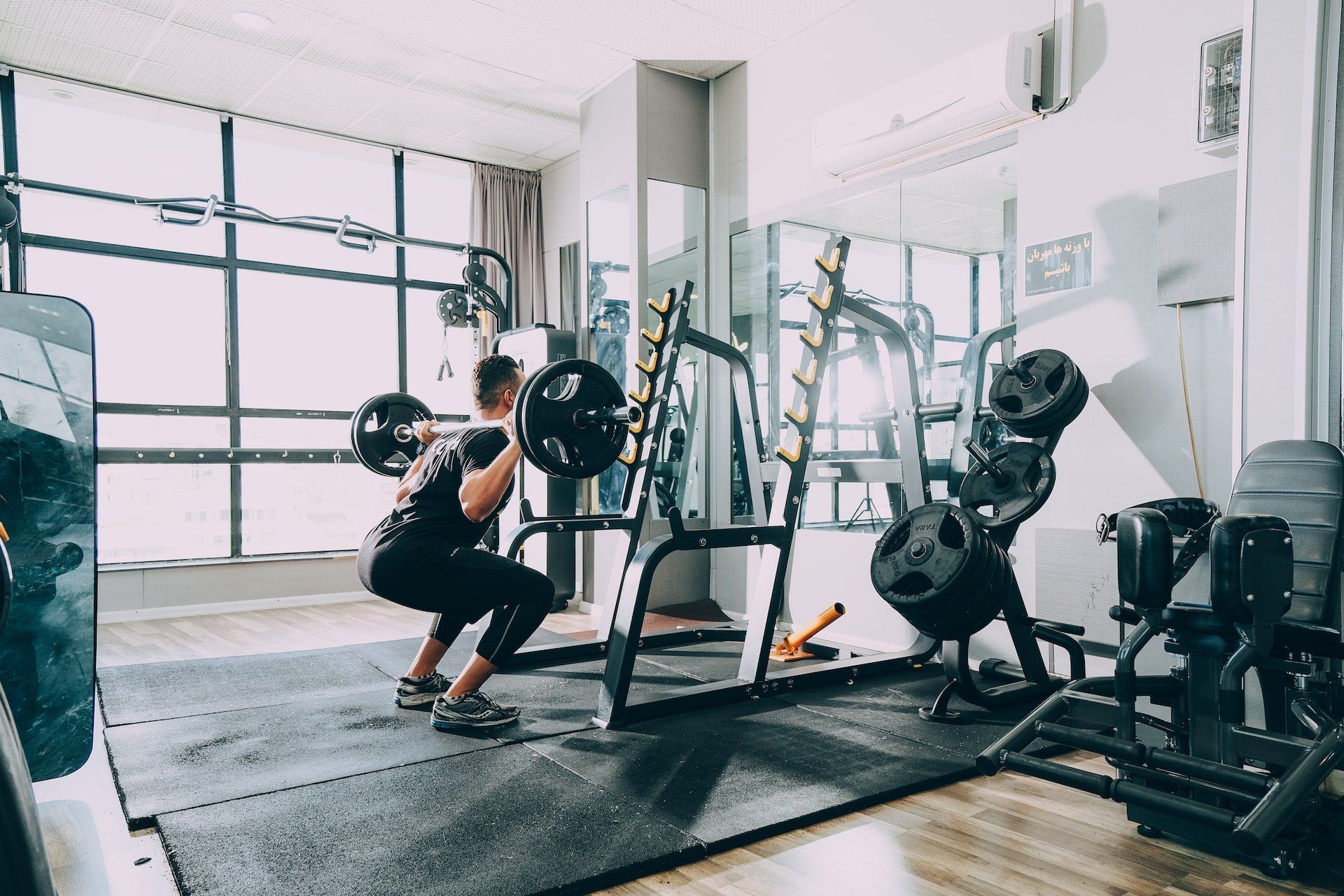The Ultimate Guide to Nutrition for Fitness: Fuel Your Workouts and Achieve Your Goals
The Ultimate Guide to Nutrition for Fitness: Fuel Your Workouts and Achieve Your Goals
Introduction:
When it comes to reaching your fitness goals, the importance of proper nutrition cannot be overstated. Whether you’re training for a specific event, building muscle, or simply maintaining a healthy lifestyle, the food you eat plays a key role in your success. Proper nutrition supports muscle growth, boosts energy levels, and speeds up recovery, all of which contribute to better overall performance.
In this guide, we’ll explore the fundamental nutrients every athlete and fitness enthusiast should focus on and how you can optimize your diet for peak performance.
1. The Power of Protein: Building Muscle and Recovery
Protein is one of the most important nutrients for fitness enthusiasts. It’s essential for muscle repair and growth, as well as supporting immune function and hormone production. Consuming adequate protein helps to rebuild muscle fibers that break down during exercise, allowing your muscles to grow stronger over time.
Best Sources of Protein:
Lean meats like chicken, turkey, and fish
Eggs and dairy products (Greek yogurt, cottage cheese)
Plant-based options like beans, lentils, tofu, and quinoa
Aim to consume protein throughout the day, especially after workouts, to maximize muscle recovery and growth.
2. Carbohydrates: The Key to Sustained Energy
Carbohydrates are your body’s primary source of energy, especially during intense workouts. When you consume carbs, they are converted into glucose, which is used by your muscles for energy. Without enough carbohydrates, your body will struggle to perform at its best during exercise, leading to fatigue and poor performance.
Best Sources of Carbohydrates:
Whole grains like oats, brown rice, and quinoa
Fruits such as bananas, apples, and berries
Vegetables like sweet potatoes, carrots, and spinach
It’s important to focus on complex carbohydrates (found in whole grains and vegetables) because they provide longer-lasting energy compared to simple carbs like sugary snacks.
3. Healthy Fats: Supporting Hormones and Recovery
Healthy fats are essential for overall health and play an important role in hormone production, including those related to muscle growth and fat loss. They also provide a long-lasting energy source and support the absorption of fat-soluble vitamins like A, D, E, and K.
Best Sources of Healthy Fats:
Avocados, nuts, and seeds
Olive oil and coconut oil
Fatty fish like salmon and mackerel
Including healthy fats in your diet helps maintain balanced energy levels, supports heart health, and aids in muscle recovery after intense training sessions.
4. Hydration: The Secret to Peak Performance
Staying hydrated is critical to maintaining performance and preventing fatigue. Water plays a crucial role in nutrient absorption, muscle function, and temperature regulation during exercise. Even slight dehydration can impair your ability to perform well and recover efficiently.
Hydration Tips:
Drink water before, during, and after workouts to stay hydrated.
If you’re engaging in intense exercise for over an hour, consider sports drinks or electrolyte tablets to replenish lost minerals.
Aim for at least 8 glasses of water a day, or more depending on your activity level and climate.
Proper hydration not only boosts performance but also helps with digestion and supports muscle recovery.
5. Pre- and Post-Workout Nutrition: Optimizing Your Results
What you eat before and after your workouts can significantly impact your performance and recovery. A good pre-workout meal fuels your body for the effort ahead, while a post-workout meal helps repair and replenish muscles.
Pre-Workout Nutrition:
A balanced meal 1-2 hours before exercise should include complex carbohydrates for energy, moderate protein, and a small amount of healthy fat.
Example: A whole grain toast with peanut butter and a banana.
Post-Workout Nutrition:
After exercising, focus on protein to aid muscle recovery, along with carbohydrates to replenish glycogen stores.
Example: A protein shake with a scoop of protein powder, almond milk, and some berries.
6. Supplements: Should You Take Them?
While whole foods should always be your primary source of nutrients, some people choose to take supplements to meet specific nutritional needs. Popular supplements for fitness include:
Protein Powder: For those who struggle to meet protein needs through food alone.
Creatine: Can help with strength and muscle gain.
BCAAs (Branched-Chain Amino Acids): Support muscle recovery and reduce muscle soreness.
Multivitamins: Help fill any gaps in your diet.
Always consult with a healthcare professional or a nutrition expert before incorporating supplements into your diet to ensure they are right for your individual needs.
Conclusion:
Nutrition is a critical element in achieving your fitness goals. By fueling your body with the right balance of protein, carbohydrates, fats, and water, you’ll set yourself up for optimal performance and faster recovery. Whether you’re looking to build muscle, improve endurance, or simply stay healthy, eating the right foods will make all the difference.
As a personal trainer, I can help you create a nutrition plan that aligns with your fitness goals. Contact me today to get personalized guidance and take your training to the next level!
OUR MENU
Personal Training
Nutrition Plans
Group Classes
Core Classes


